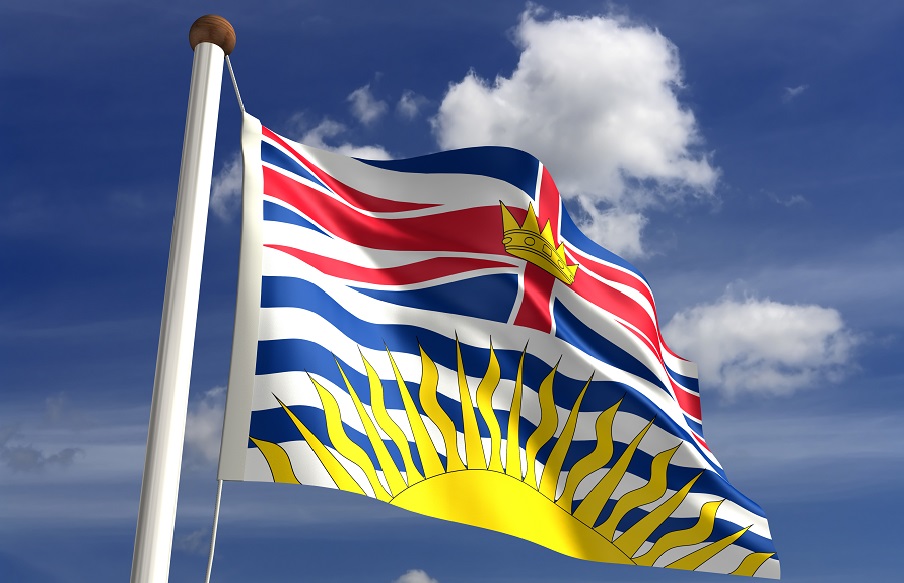The Conference Board of Canada’s Economists Richard Forbes and Daniel Fields offer insights on British Columbia’s 2020 Budget:
A strong economic outlook, combined with an already solid fiscal foundation, has British Columbia well positioned to remain in a surplus position throughout the medium term.
- British Columbia released its 2020 budget on February 18 with a focus on ensuring future surpluses
- A hallmark measure of the budget was a bump in the tax rate on the wealthiest 1 per cent. The top marginal income tax rate will increase from 16.8 per cent to 20.5 per cent on incomes over $220,000, boosting revenues by $216 million in the fiscal year 2020-2021.
- Outside of the income tax increase, there were no other significant tax measures in Budget 2020.
- The 2020 British Columbia budget is based on a real GDP forecast of 2.0 per cent in 2020 and 1.9 per cent in 2021. This is below the recently released Conference Board of Canada forecast, which is more optimistic for this year.
- Although our outlook for B.C. remains positive, the coronavirus disease outbreak in China will weigh on the province’s economic growth, particularly its trade and tourism sectors.
- Overall, the province expects revenues to grow at an average annual rate of 2.7 per cent over the next three years.
- On the spending side, the new B.C. Child Opportunity Benefit will be implemented this year, providing 290,000 families additional funding.
- Additionally, Budget 2020 creates a new B.C. Access Grant for students. The grant will provide up to $4,000 to help with tuition costs for more than 40,000 low and middle-income students.
- Overall, program spending is set to only grow by an annual average pace of 2.6 per cent over the next three years. Health care and social services will see the bulk of spending increases, with both growing above 4 per cent annually.
- Despite the new grants for students, education will see little growth over the forecast period. Education spending is set to grow by an average annual pace of only 1.7 per cent as elementary and secondary schools will see growth below 1 per cent.
- With a decent revenue outlook combined with a careful spending plan, the government expects an average surplus of around $260 million over the forecast period.
- This forecast includes contingency for the possibility of lower-than-expected revenues or cost overruns. The contingency is set at $300 million for every year of the forecast.
- The contingency for the upcoming fiscal year (2020–21) is lower than Budget 2019’s $500 million allowance for the then-upcoming year of 2019–20.
- While net debt is set to rise, it is mostly a result of the large capital projects underway in the province. Overall, net debt as a share of nominal GDP should remain steady at 14 per cent in 2020–21; good for second best in the country.
- Also helping the province’s solid fiscal position, debt charges as a share of revenues will remain the lowest in the country. This allows B.C. to put its revenues towards essential programs instead of paying down debt.
- In all, British Columbia is in a great fiscal position. Solid economic growth has contributed to steady revenue growth, which, combined with careful spending, have placed the province in a position to remain in surplus over the medium term.



Comments